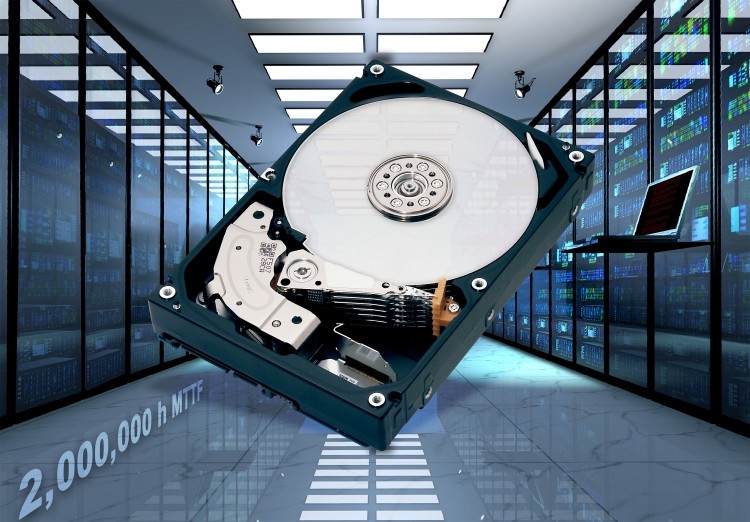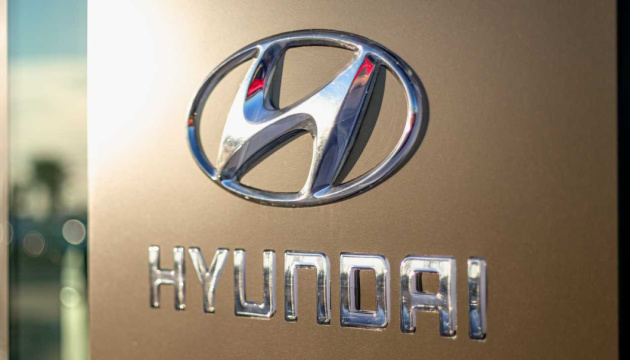Unlike flash system maker Pure Storage, which predicts that the HDD industry will collapse within the next five years, hard disk maker Toshiba remains optimistic. According to Blocks&Files, the company is confident that HDDs have great potential, as they still have a number of significant advantages over SSDs.
According to Rainer Kaese, senior business development manager for storage systems at Toshiba Electronics Europe, hard drives are still cheaper in terms of price-to-capacity ratio. This advantage is still a lifeline for HDDs; Corresponding products with a capacity of 40 or even 50 TB to 22 TB will be much cheaper than flash drives. Additionally, the cost per terabyte of hard drives continues to drop. Toshiba itself has only managed to get this far
At the same time, buyers increasingly require more capacity with minimal energy consumption. Today developers are preparing new solutions. A normal HDD consumes about 10 W during operation, and the version with a helium medium consumes 7-8 W. Engineers are looking for mechanisms for more rational use of energy, perhaps by periodically shutting down storage devices or operating them in standby mode.
Kese makes other claims, although some of them seem a bit dubious. For example, HDD arrays are said to be capable of providing high transfer speeds. Yes, a JBOD with 78 drives, each with a capacity of 18 TB (1.4 Pbytes in total), provides a data transfer rate of 17 GB/s with all drives active.
The company also emphasizes that HDDs are easier to destroy than SSDs. This is especially important because the massive growth in cloud storage started about 6-7 years ago. So the life cycle of the drivers in the first systems of this type is coming to an end. HDDs contain a lot of aluminum and copper, so they are much easier to recycle than items like circuit boards, chips, and plastic. In other words, they are better suited to the “circular economy” than SSDs. They can also be restored.
According to Kes, restrictions under the European GDPR law can only benefit HDD. For example, European regulations only require small pieces of video to be stored for a short period of time. As a result, if information is stored in the cloud, hard drives are better because they can withstand more data rewrite cycles compared to SSDs. According to Kes, “The future of HDD is bright”.













